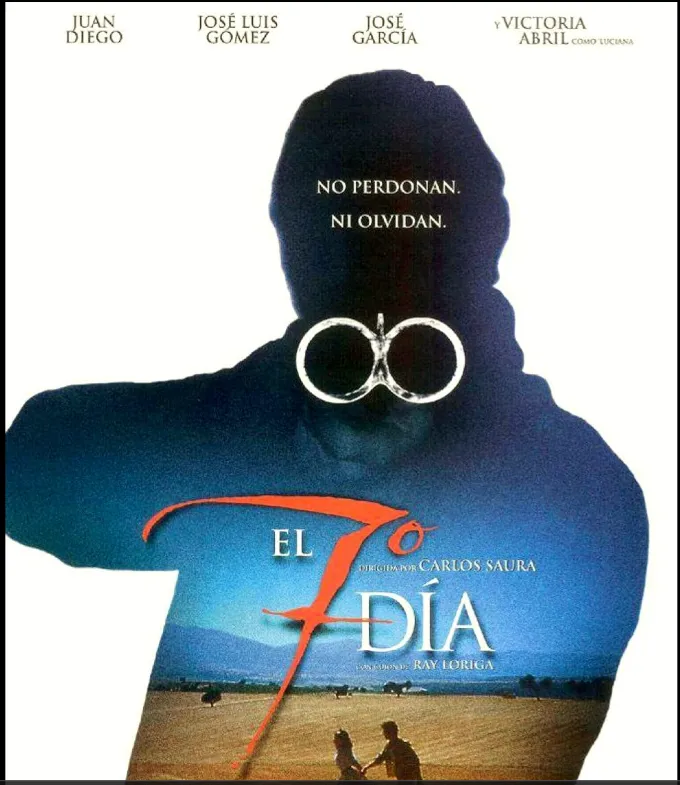
A very special greeting to all the hivers of the #moviesonhive Community.
For quite some time, practically since I signed up for @HIVE and started to know the platform, I was looking for a specific community where I could express my experiences as a cinephile of several years.
And I think I found in #moviesonhive the place to channel it.
This is my first post in this community and therefore I apologize for any mistakes. So before participating in contests and community initiatives I would like to introduce myself.
And what better way to do it than with a review.
I'm not saying it's the best movie I've ever seen. I have simply considered a random list and I have chosen El 7° Dia, a film by Carlos Saura, a Spanish film director that I have always liked and who has directed great films of which in the near future I hope to be able to tell you about some of them.
The plot of El 7° Dia is the (real) massacre in the Spanish village of Puerto Hurraco (Extremadura).

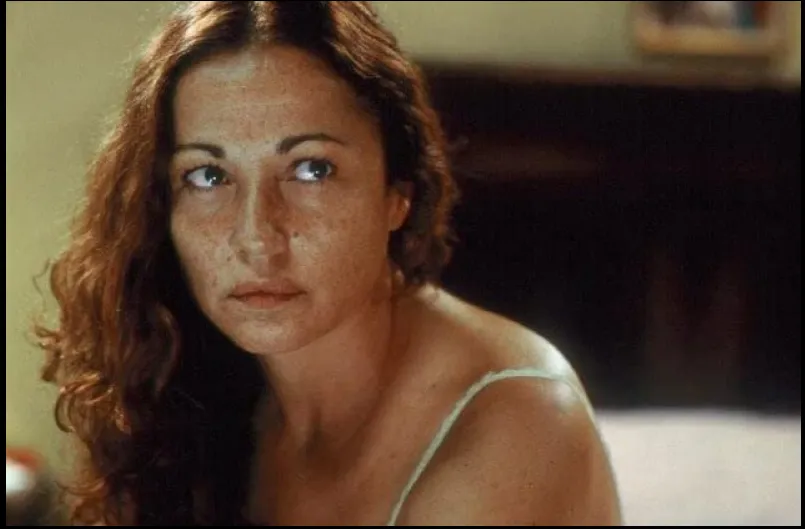
Un saludo muy especial a todos los hivers de la Comunidad #moviesonhive.
Desde hace bastante tiempo, prácticamente desde que me registré en @HIVE y empecé a conocer la plataforma, buscaba una comunidad específica donde poder expresar mis experiencias como cinéfilo de varios años.
Y creo que he encontrado en #moviesonhive el lugar para canalizarlo.
Este es mi primer post en esta comunidad y por ello pido disculpas por cualquier error. Así que antes de participar en concursos e iniciativas de la comunidad me gustaría presentarme.
Y qué mejor manera de hacerlo que con una reseña.
No digo que sea la mejor película que he visto. Simplemente me he planteado una lista al azar y he elegido El 7° Día, una película de Carlos Saura, un director de cine español que siempre me ha gustado y que ha dirigido grandes películas de las que en un futuro próximo espero poder hablaros de algunas de ellas.
El argumento de El 7° Día es la masacre (real) en el pueblo español de Puerto Hurraco (Extremadura).

The narrative masterfully depicts the ancestral war of two families in an isolated village in Extremadura: the Fuentes and the Jiménez with psychological profiles as well defined as assumed by the actors.
A simple reading of the plot could lead us to the classic family disputes of jealousy, envy, violence, all for the sake of land ownership.
However, Saura, as he does masterfully in all his films, goes far beyond the simple chronicle, concentrating on the role of each participant, so that the difference between fiction and reality is noticed as little as possible.
Contributing to the enrichment of the plot is the fact that Saura rescues many of the archives of the massacre that took place in 1990 in Extremadura and intersperses them as the story unfolds. To such an extent that, at certain moments, it gives the impression of being in the presence of a semi-documentary updated to 2004, the date on which the film was shot.
The film's credibility is further enhanced by the correct choice of narrating the story in the first person, a task that falls to Isabel Jiménez (barely a teenager at the time of the events) who recalls the causes of the tragedy: the murder of her boyfriend (who was her uncle) by Jerónimo Fuentes, who is later arrested, accused and after a trial sentenced to 30 years in prison.
Faithful to an insatiable patriarchy and a thirst for revenge that no court sentence can quench, the Jiménezes set fire to the Fuentes' house, claiming the life of the mother who cannot escape the flames. All this with the implicit complicity of a large part of the town, in a true apology of omertà.
Years go by and the hatred that seemed to have been extinguished with the murders, flares up even more violently.
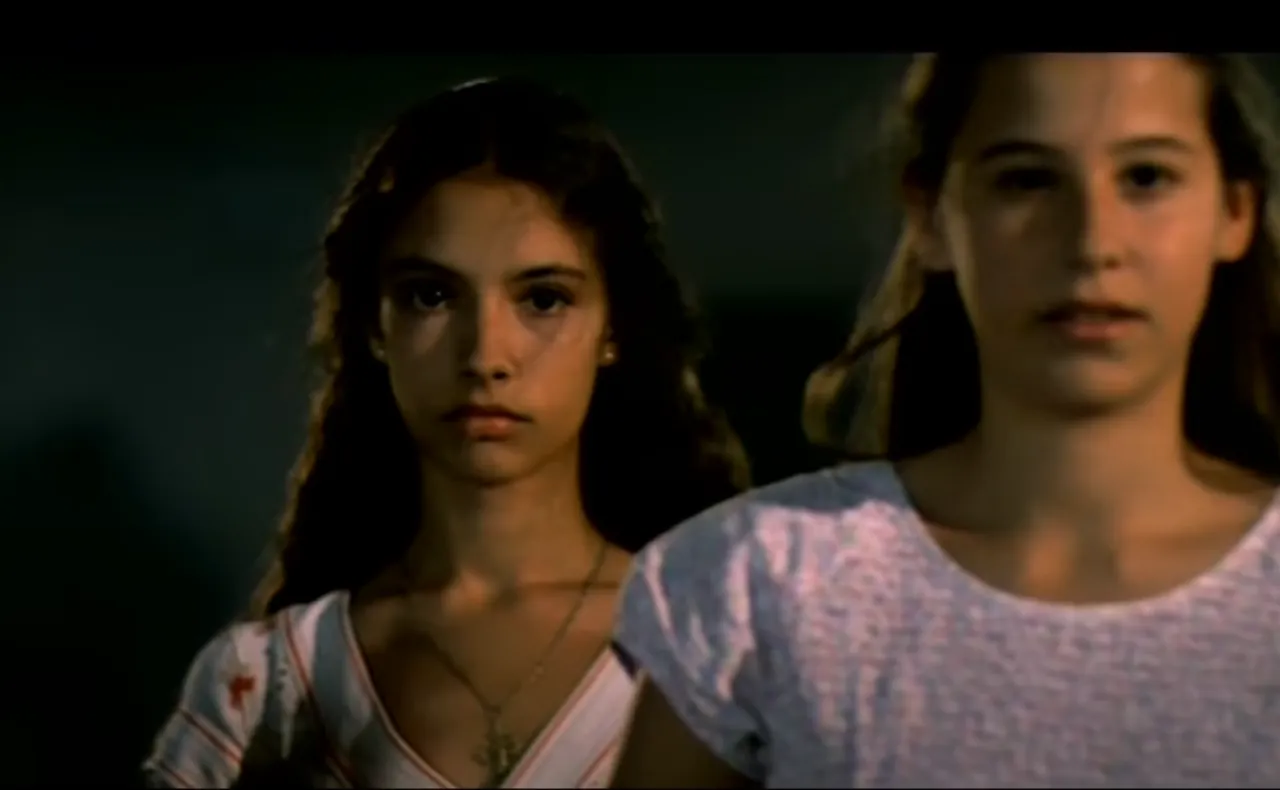
Jerónimo Fuentes, who during his stay in prison seems to be accumulating more and more hatred, as soon as he gets out of prison he stabs Fuentes, the owner of a supermarket, who manages to survive despite his wounds.
But in reality the worst, in this spiral of violence unleashed to the extreme limits of human senselessness, had not yet arrived.
The actual facts cite the date of the tragedy as Sunday, August 26, 1990. While the usual parishioners and neighbors watch the Olympic Games on TV, the two Izquierdo brothers, in an insane and homicidal rage, with rifles in their hands and pockets full of cartridges that they themselves have made (impeccable sequence showing the making of the cartridges and the warning of one of them to be careful not to explode them), wait for the parishioners to come out of the bar to kill them one by one.
No one is spared from their homicidal madness. They shoot as if they were hunting ducks or playing target shooting in an amusement park. Showing a fatalism but at the same time a naturalness that can only be identified with the environment in which they were born and developed their lives. Their own idiosyncrasy. Boys, men, women, none are spared.
The aspect that Saura shows with absolute mastery is that. People who are part of the normal life of a village, far away from the big cities, satisfied with their own way of living and their own existence, with few ambitions or satisfied ambitions are suddenly involved in a huge tragedy.
And they end up naturalizing it as just another fact of family rivalry.
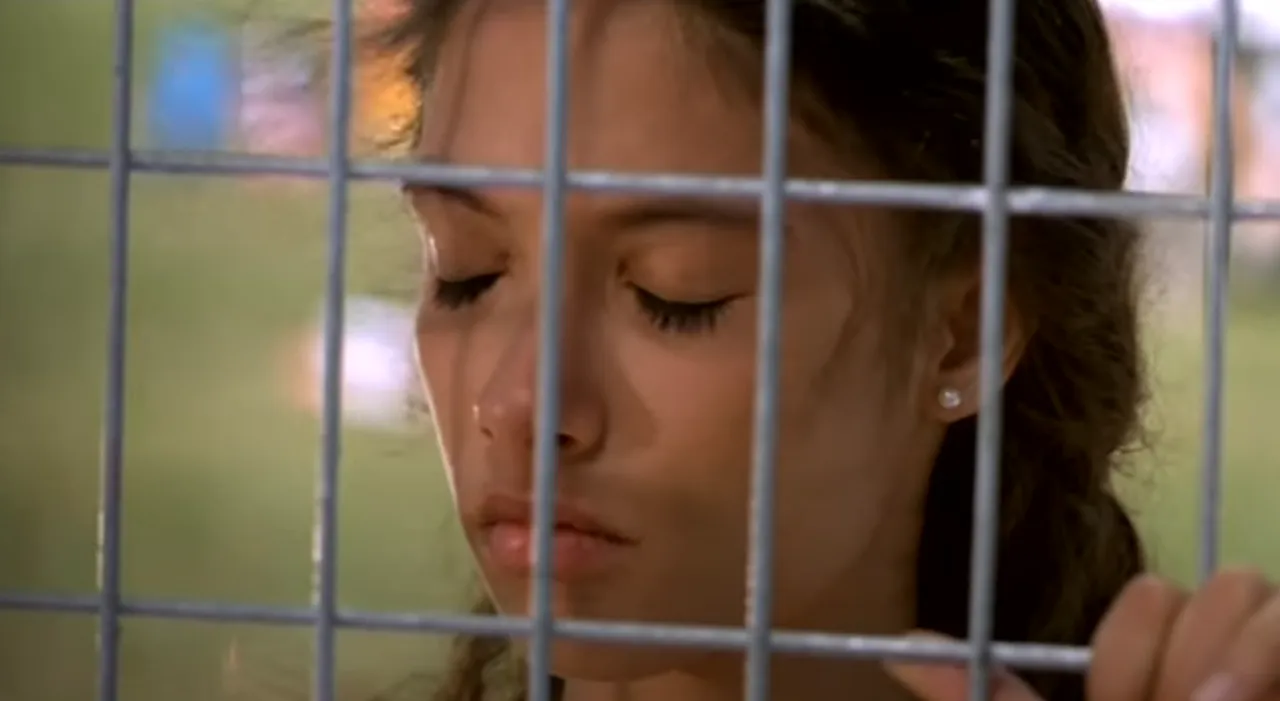
La narración muestra con mucha maestría la guerra ancestral de dos familias en un aislado pueblo de Extremadura: los Fuentes y los Jiménez con perfiles psicológicos tan bien definidos como asumidos por los actores.
Una simple lectura de la trama nos podría llevar a las clásicas disputas familiares de celos, envidia, violencia todo en aras de la propiedad de la tierra.
Sin embargo Saura, como lo hace magistralmente en todas sus películas, va mucho más allá de la simple crónica, compendetrándose en el rol de cada participante, para que la diferencia entre ficción y realidad se note lo menos posible.
Contribuye a enriquecer el argumento el hecho de que Saura rescata muchos de los archivos de la matanza ocurrida en 1990 en Extremadura y los va intercalando a medida que el gión va desarrollándose. A punto tal que, en ciertos momentos, da la impresión de estar en presencia de un semi-documental actualizado al 2004 que es la fecha en la que se filmó la película.
Logra darle aún mayor credibilidad la acertada elección de relatar la historia en primera persona, tarea que recae en Isabel Jiménez (apenas una adolescente a la fecha de los acontenimientos) quien va recordando las causas de la tragedia: el asesinato del novio (que era su tio) a cargo de Jerónimo Fuentes, quien es posteriormente detenido, acusado y luego de un proceso condenado a 30 años de cárcel.
Fieles a un patriarcado insaciable y a una sed de venganza que ninguna sentencia judicial puede aplacar, los Jiménez incendian la casa de los Fuentes cobrándose la vida de la madre que no puede escapar a las llamas. Todo ello con la implícita complicidad de gran parte del pueblo, en una verdadera apología de la omertà.
Pasan los años y el odio que parecía haberse extinguido con los asesinatos, recrudece con mayor violencia aún.
Jerónimo Fuentes, quien durante su permanencia en la cárcel parece ir acumulando cada vez más odio, apenas sale de la misma es apuñalar a Fuentes dueño de un supermercado, que no obstante las heridas logra sobrevivir.
Pero en realidad lo peor, en ese espiral de violencia desatada hasta los límites extremos de la sinrazón humana, no había llegado todavía.
Los hechos reales citan como fecha de la tragedia el domingo 26 de agosto de 1990. Mientras los parroquianos habituales y vecinos miran los Juegos Olímpicos por TV los dos hermanos Izquierdo, en una furia demencial y homicida, con los fusiles en la mano y los bolsillos llenos de cartuchos que ellos mismos han fabricado (impecable donde se muestra la secuencia fabricando los cartuchos y la advertencia de uno de ellos de tener cuidado y no hacerlos explotar), esperan que salgan los parroquianos del bar para matarlos uno a uno.
Nadie se salva de su locura homicida. Disparan como si estuvieron cazando patos o jugando al tiro al blanco en un parque de diversiones. Mostrando un fatalismo pero a la vez una naturalidad que solo identificarse con el ambiente en que han nacido y desarrollado sus vidas. Su propia idiosincracia. Chicos, hombres, mujeres, ninguno se salva.
El aspecto que Saura muestra con absoluta maestría es èse. Personas que hacen parte de la vida normal de un pueblo, alejados de las grandes ciudades, satisfechos con su propio modo de vivir y su propia existencia, con pocas ambiciones o ambiciones satisfechas se ven envueltos de golpe en una enorme tragedia.
Y terminan naturalizándola como un hecho más de rivalidad familiar.

The best part of the film and where the hand of the director Carlos Saura can be seen is the reconstruction of the small town atmosphere. Even in its smallest details.
A town where everything seems normal at first glance and yet in which nests a visceral hatred that everyone knows but pretends to ignore.
The whole town knows who the murderers are. But no one dares to denounce them.
An anecdotal detail of Saura: the only one who knows the truth about the house fire because he witnessed it hiding behind a tree is the "loquito" of the town. Someone no one pays any attention to.
Thus, in a town where time passes without noticing it, in an almost idyllic atmosphere where the classic gatherings are held in the streets of the town, tragedy is brewing. A tragedy that cost 9 dead and many seriously injured.
The underlying criticism of that hypocritical facade of society could not be missing in the director of Cría Cuervos and Ana y los Lobos.
To such an extent that it was considered a film highly critical of Spanish society and especially of the whole of Extremadura that, due to conflicts of interest and politics, it was little promoted at the time.
The producers were even accused that the subject matter could discourage tourism.
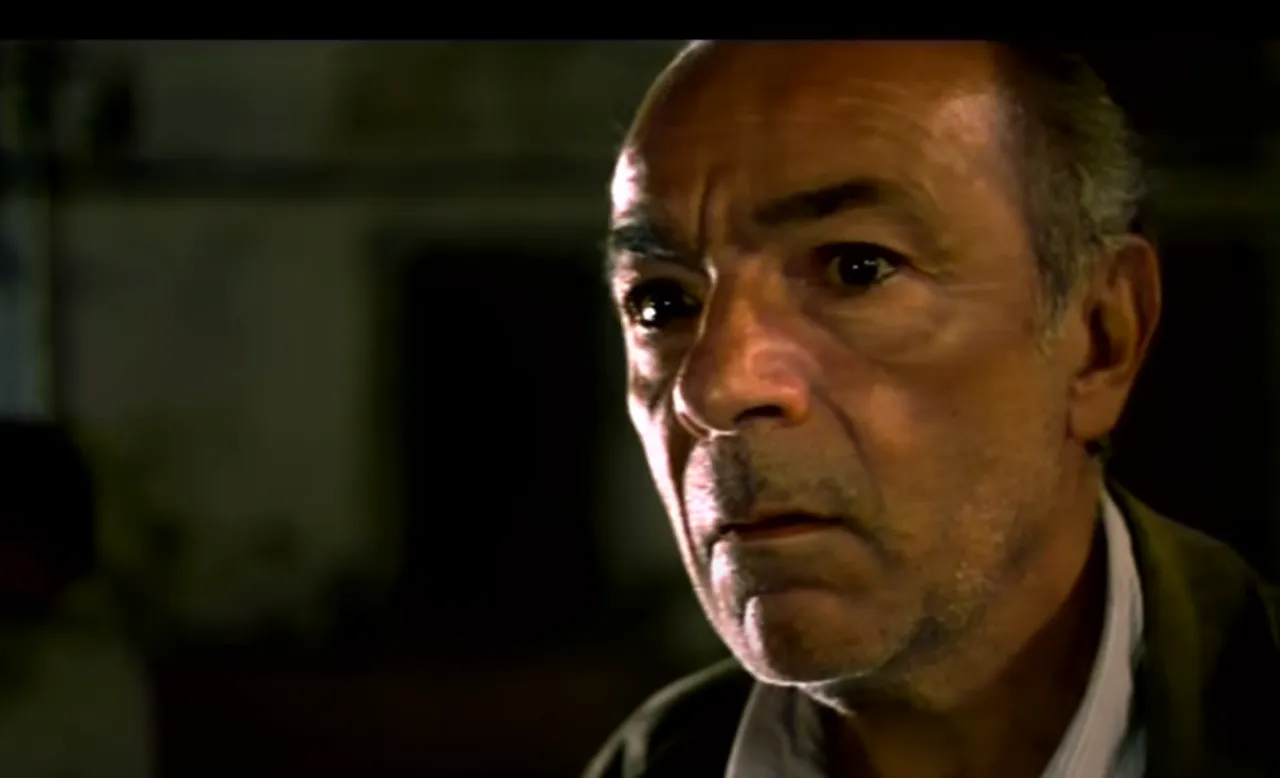
Lo mejor de la película y donde se ve la mano del director Carlos Saura es la reconstrucción del ambiente de pueblo chico. Hasta en sus más ínfimos detalles.
Un pueblo donde todo parece normal a simple vista y sin embargo en el que anida un odio visceral al que todos conocen pero pretenden ignorar.
Todo el pueblo sabe quienes son los asesinos. Pero ninguno se atreve a denunciarlos.
Un detalle anecdótico de Saura: el único que sabe la verdad sobre el incendio de la casa por haberla presenciado escondido detrás de un árbol es el "loquito" del pueblo.
Alguien a quien ninguno hace caso.
De esa manera, en un pueblo donde el tiempo pasa sin darse cuenta, en un ambiente casi idilíaco donde se realizan las clásicas tertulias por las calles del pueblo se va gestando la tragedia. Una tragedia que costó 9 muertos y muchos heridos de gravedad.
La crítica subyacente a esa fachada hipócrita de la sociedad no podía faltar en eldirector de Cría Cuervos y Ana y los Lobos.
A tal punto fue considerada una películo sumamente crítica a la sociedad española y en especial a toda Extremadura que, por conflictos de intereses y políticos, fue muy poco promocionada en su momento.
Llegando incluso a acusar a los productores que el tema tratado podía desalentar el turismo.

Excellent female performances by Yohana Cobo who narrates the story in first person and Irene Escobar who plays Antonia. Victoria Abril was nominated for the Goya Awards for her role as Luciana. She finally won the award. Carlos Hipólito gave a remarkable performance in the role of the "village idiot".
Also nominated for Goya awards were Carlos Saura as best director and Juan Diego as best supporting actor.
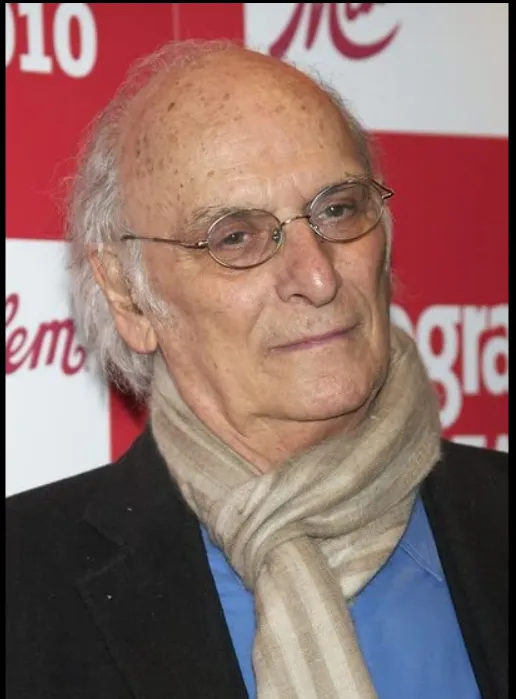
Excelente interpretaciones femeninas de Yohana Cobo que es quien relata la historia en primera persona y de Irene Escobar que encarna Antonia. Victoria Abril fue candidateada a los premios Goya por su rol de Luciana. Premio que finalmente ganón. Notable interpretación de Carlos Hipólito en el rol del "tonto" del pueblo.
También fueron nominados a los premios Goya Carlos Saura como mejor director y Juan Diego como mejor actos de reparto.
José Garcia : José
Eulàlia Ramon : Carmen
Yohana Cobo : Isabel
Irene Escolar : Antonia
Alejandra Lozano : Encarnación
Victoria Abril : Luciana
Ana Wagener : Ángela
The complete cast can be found in the IMDB database.
Note: actually in the scene of the Olympic Games shown in the bar at the end of the film, director Carlos Saura takes a license, as it is actually about the 1992 Barcelona Olympic Games that had not yet taken place.
Credits for the extracted images and screenshots of the trailervan to the site IMDB. The credits for the final banner with the author's signature (modified with the freely distributed Kolour Paint software) go to Pixabay.
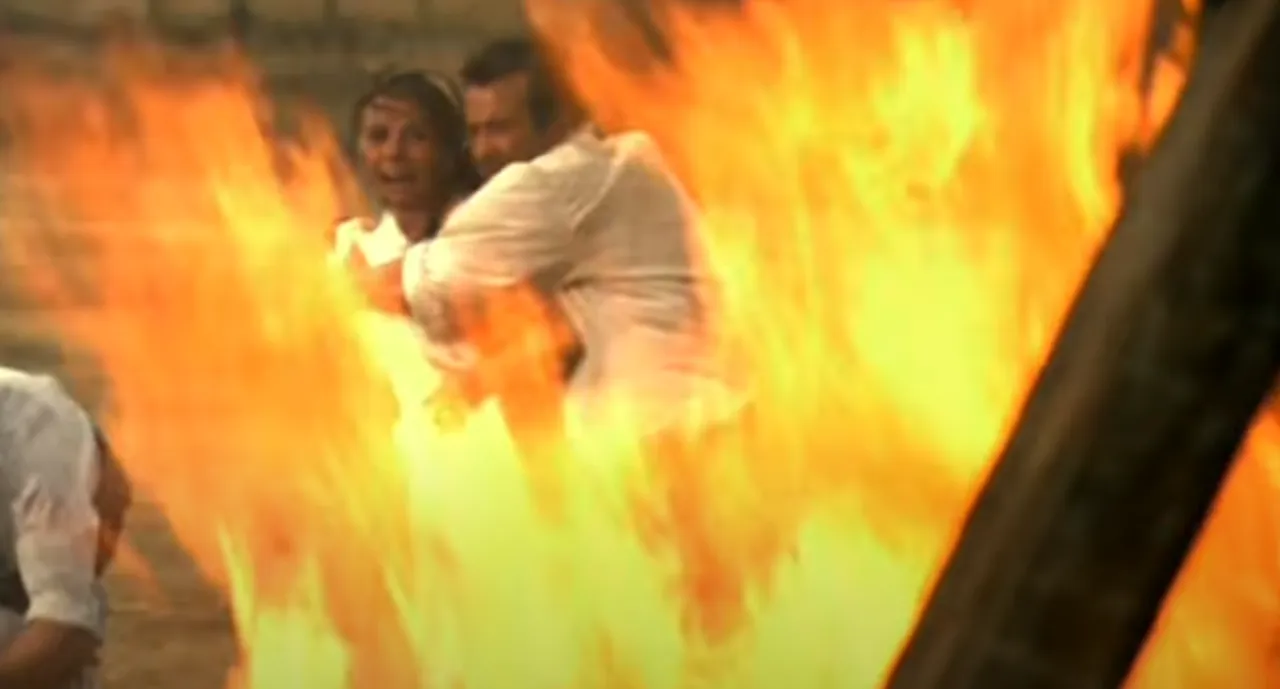
El reparto completo lo pueden encontrar en el database de IMDB
Nota: en realidad en la escena de los Juegos Olímpicos que se muestran en el bar en la parte final de la película el director Carlos Saura se toma una licencia, ya que en realidad se tratan de los Juegos Olímpicos de Barcelona de 1992 que todavía no se habían llevado a cabo.
Los créditos por las imágenes extraídas y capturas de pantalla del trailervan al sitio IMDB. Los créditos por el banner final con la firma del autor (modificado con el programa Kolour Paint de distribución libre y gratuita va a Pixabay.

